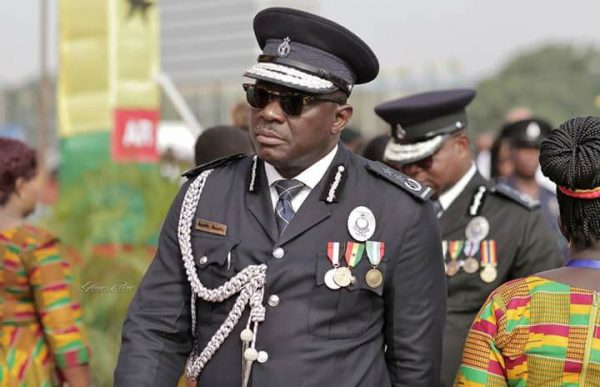He said the Service aimed at delivering planned, democratic, protective and peaceful services up to the standards of international best practices.
Mr Asante-Apeatu said this in his closing remarks at the end of a two-week police pre-deployment training programme in Accra.
It was organised by the Kofi Annan International Peacekeeping Training Centre (KAIPTC) and supported by the German Foreign Ministry.
It was targeted at enhancing the capacity of the Ghana Police Service to deliver effectively at both operational and tactical levels, relating to the roles, responsibilities and operating procedures of police managed tasks in United Nations Peacekeeping Operations (UNPKO).
It also sought to enormously impact on the overall professional competence and officer behaviour of trainees and personnel and delivering international best police services in conflict areas.
A total of 60 participants from the Ghana Police Service took part in the programme, of which half were female police officers.
He announced that the police service would soon collaborate with the Kofi Annan International Peacekeeping Centre (KAIPTC) to explore critical areas of policing, including counter-terrorism, transnational organised crime, human trafficking and proliferation of small arms.
According to him, that is one of the surest ways to a successful peacekeeping, as he urged them to adapt to the mission’s environment when they are deployed.
He observed that, although the course is targeted at delivering international best police services in conflict areas, he was delighted it will have enormous impact on the overall professional competence and officer behavior of personnel.
The IGP commended the participants for the keen interest and enthusiasm they demonstrated throughout the duration of the course.
He thanked the KAIPTC, the German Foreign Ministry and other donors for supporting the capacity building of police officers.
Course Leader, Superintendent Isaac Asante, on behalf of the participants extended their profound appreciation to the organisers, the German government and the IGP for financing the training.
Christoph Retzlaff, the German Ambassador, recounted that the German government had supported the Centre since its inception in 2003.
He said Germany continued to support the Centre with the sum of two million Euros and had assisted it in organising 27 courses.
He said the Germany was also supporting the Centre with two police advisors, one military advisor and one technical advisor, which showed the importance his government attached to the Centre.
“I congratulate the Commandant and staff of KAIPTC and the trainees for the successful completion of the course,” he said.











 (Selorm) |
(Selorm) |  (Nana Kwesi)
(Nana Kwesi)